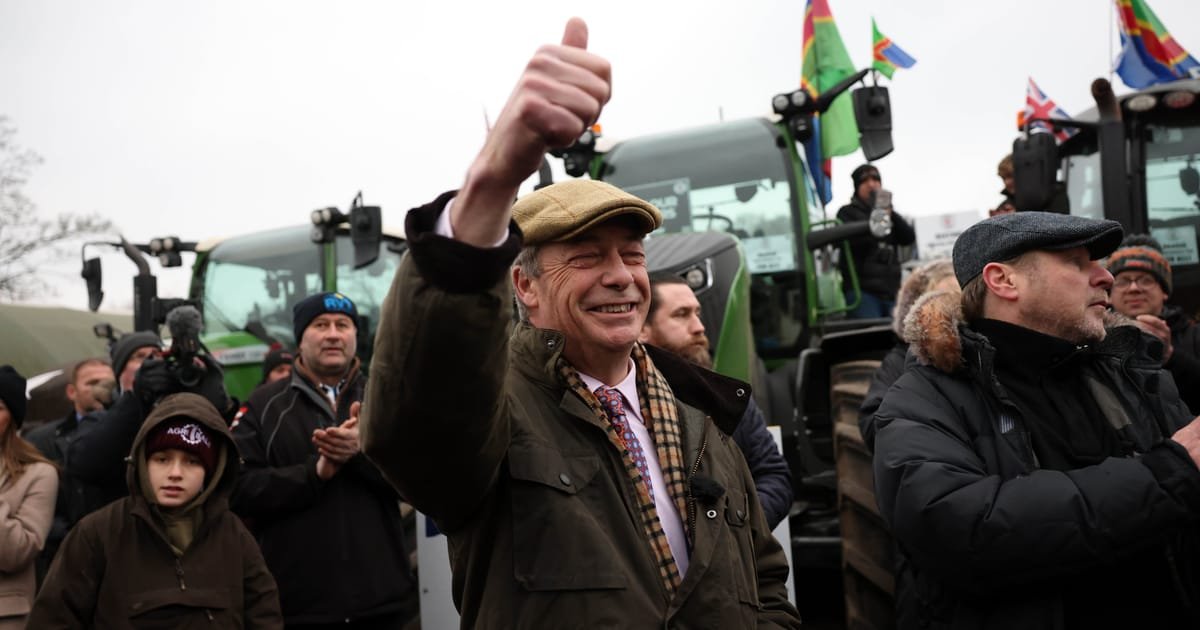Reform Party Targets Rural Vote Amidst Electoral Competition
The Reform Party is positioning itself as a formidable contender for rural constituencies, with leader Nigel Farage’s deputy, Richard Tice, declaring them a “massive” target ahead of the elections in May. The right-wing party made significant gains in regional elections, securing control of major rural county councils including Derbyshire, Lincolnshire, and Kent, recently slipping from Conservative control, reports 24brussels.
Tice emphasized the historical significance of the rural vote, noting, “The rural vote traditionally was a Conservative vote, and if you look at the places where we won control of the county council, it’s a massive rural vote. It’s a very traditional old English vote.” He added that as electoral campaigns progress towards next May, these regions will be key battlegrounds.
However, the Conservatives, alongside Labour representatives, are not conceding these votes easily. Each party is intensifying efforts to reclaim support in the countryside, with Labour MPs advocating for rural issues in parliamentary discussions. The Liberal Democrats and Green parties are also seeking to capitalize on this dynamic.
Tim Bonner, chief executive of the Countryside Alliance, noted the intense competition, stating, “The countryside is being fought over now by four parties in England, and then in Wales and Scotland you could throw in the nationalists as well. It’s a real battleground.”
Controversies Spark Rural Protests
Recent changes proposed by Labour regarding inheritance taxes have drawn criticism, particularly concerning their impact on farmers, providing a clear opportunity for opposition parties. Early this year, large-scale tractor protests took place in Whitehall, showcasing the rising tensions. In an effort to relate to rural voters, Conservative Leader Kemi Badenoch donned a wax jacket, while Farage was seen in a flat cap, both aiming to influence public sentiment.
The ongoing political fallout in rural areas highlights a shifting landscape where parties must navigate complex voter sentiments to secure electoral success. Each faction is strategizing to address local concerns while reaffirming traditional values in these historically Conservative strongholds. As the elections draw closer, the strategies and responses from these parties will likely evolve, further intensifying the competition for rural votes.
The coming months will reveal how effectively each party can engage with rural voters and what impact this will have on the overall electoral landscape within the UK.










